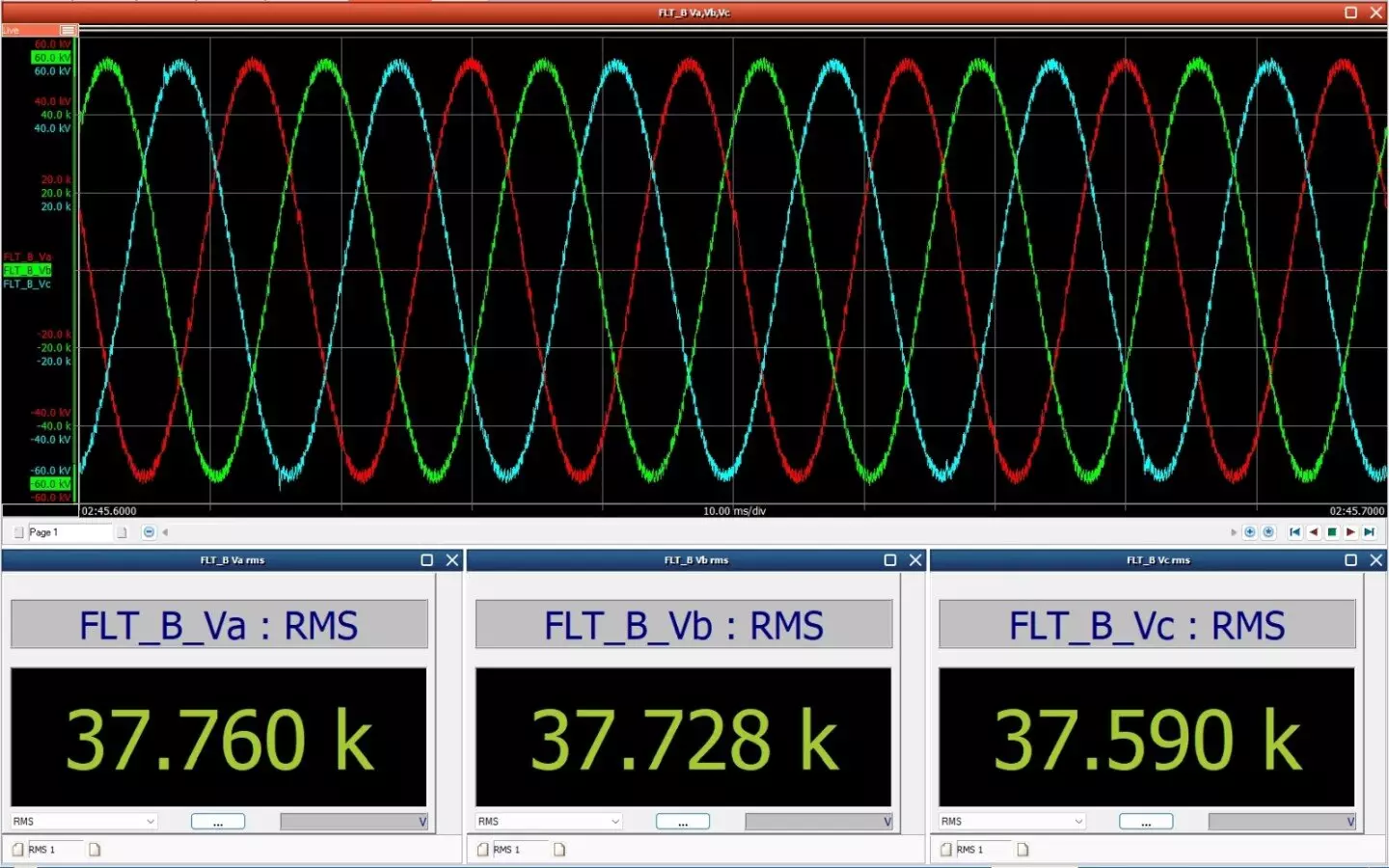Connecting wind turbines to the public power grid poses a significant challenge for manufacturers in the renewable energy sector. It is not enough to simply test the functionality of new turbines and connect them to the grid. Manufacturers must also ensure that the turbines comply with the limit values for electrical properties specified in the applicable connection rules. Additionally, they must be able to compensate for dynamic events such as short circuits and frequency fluctuations to maintain grid stability. This process is crucial to ensure the reliability and efficiency of the power grid.
In response to the challenges faced by wind turbine manufacturers, researchers at the Fraunhofer Institute for Wind Energy Systems IWES have developed a mobile test platform known as Mobil-Grid-CoP. This innovative technology enables realistic tests to be conducted at full load, even on offshore wind turbines located in open waters. The mobile test platform is designed to assist in validating and certifying turbines, thereby supporting the transition to a more sustainable energy supply powered by renewable sources.
As wind turbines become larger in both output and size, traditional test systems are unable to adequately assess whether these turbines meet the necessary requirements for grid connectivity. This is especially true for large offshore wind turbines, which play a significant role in the expansion of renewable energy. The Mobil-Grid-CoP project focuses on developing a mobile test bench capable of testing wind turbines with outputs of up to 28 megavolt-amperes (MVA), providing manufacturers with a faster certification process.
The mobile test bench developed by Fraunhofer IWES offers numerous benefits to the wind energy sector. Manufacturers can conduct robust, realistic, and detailed tests on their prototypes to ensure they meet certification requirements. This helps to minimize the risk of having to make costly modifications to turbines before commissioning them, thereby expediting the certification and deployment process. Moreover, the test bench allows for easy implementation of upgrades or modernization measures on existing turbines.
One of the key advantages of the Mobil-Grid-CoP technology platform is its flexibility and adaptability to new and evolving grid connectivity requirements. With the rapid development of renewable energy sources, new connection rules may come into effect in the near future. The mobile test facility is equipped to handle scenario-based testing and can accommodate future changes in grid regulations. This forward-thinking approach ensures that wind turbine manufacturers are prepared for upcoming challenges in the energy transition.
The work conducted by Fraunhofer IWES in Bremerhaven is pivotal in advancing the transition of energy grids to renewable sources. By developing cutting-edge testing solutions such as Mobil-Grid-CoP, the institute is playing a crucial role in ensuring the reliability, efficiency, and sustainability of power systems powered by renewable energy. Through innovative technologies and comprehensive testing procedures, Fraunhofer IWES is driving the transformation towards a cleaner and more sustainable energy future.



Leave a Reply